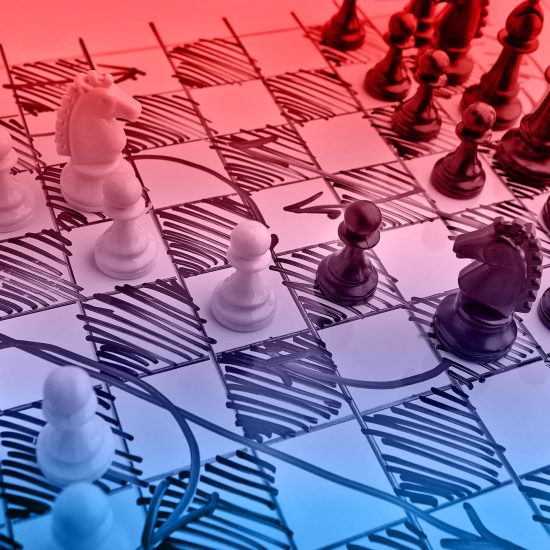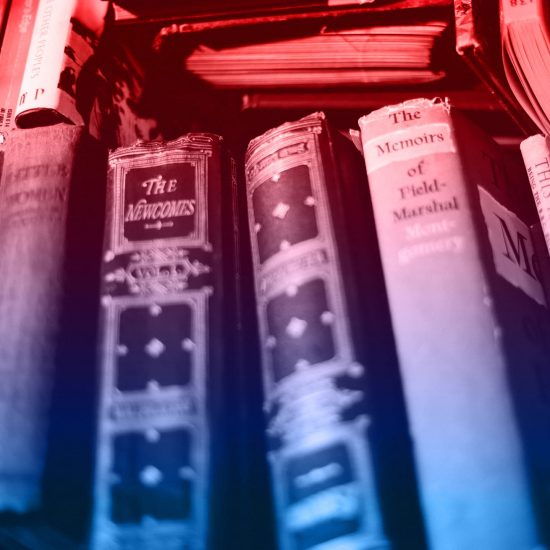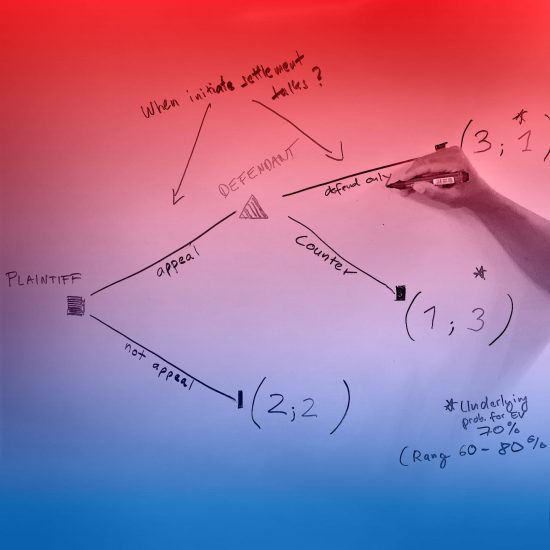What’s the best way to master a conflict? How can we maximize the odds of winning?
Fundamentals first: Quality and precision in investigating the facts, analyzing the law, working with experts, examining witnesses and presenting arguments are a fundamental building block. Indeed, just getting these fundamentals right already makes litigation a specialty.
Yet, for us, this is not the end but just the beginning. Litigation as an art and a science takes the specialty a couple of steps further. What makes a great litigator? It’s someone who knows strategy and tactics, who uses the left brain and the right brain, who combines imagination and discipline, who can play defense and offense.




